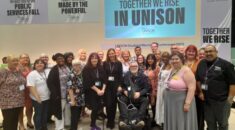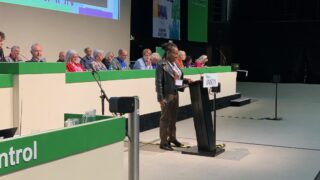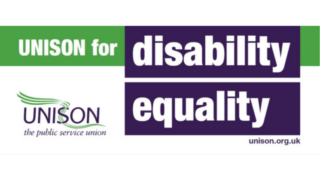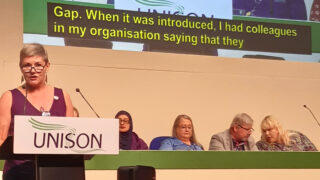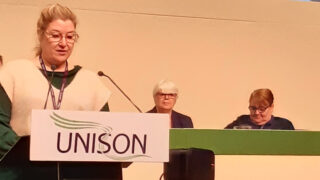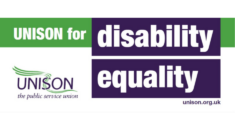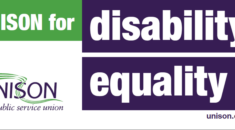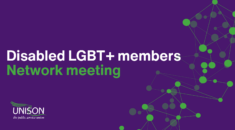“People tied me up on a lamp-post. The street warden came round and said ‘are you alright?’ and cut me free.
“Another time a bike came towards me with no lights on: I moved out of the way in time. They were laughing. The police asked me if I wanted to prosecute – I said: ‘No, in case they come back and put out my windows’.”
This was the testimony of the Northern region’s Malcolm Temperley, telling UNISON’s disabled members’ conference of his experience of disability hate crime.
He urged members to support the police to put a stop to these crimes.
Chris Nykiel from the Yorkshire and Humberside region told of a joint event that took place in his region where the police were told in no uncertain terms “what it feels like to have the phone put down on you because of speech difficulties.”
The event was followed up by articles on disability hate crime in the Yorkshire Evening Post.
Howard Beck explained the importance of communication for deaf people dealing with disability hate crime. “Many deaf people don’t have access to the English language,” he said, so it was vital that disability hate crime is explained to them.
Margaret Revel of Sheffield Metropolitan University reminded delegates of the Winterbourne care home scandal, where “a whole range of systematic abuses” took place, but she told conference “many of us have suffered this awful abuse ourselves.
“Disability hate crime is real and it can take place anywhere: at home, in the street, at work, anywhere.”
She called on UNISON to support reps to increase awareness of disability hate crime and to support their members suffering from it.

